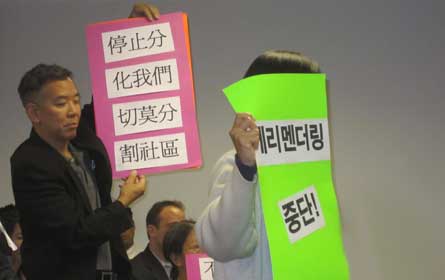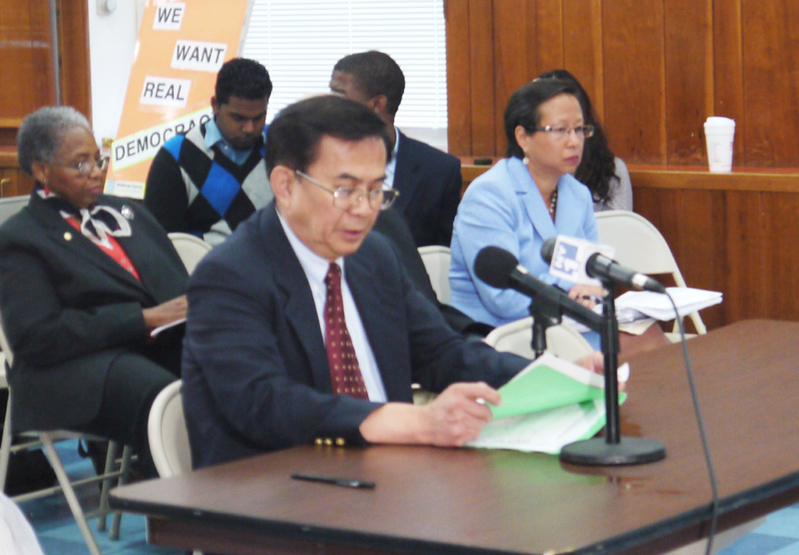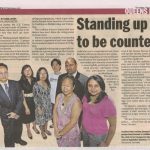STATEMENT ON LATFOR’S FINAL VERSIONS OF STATE SENATE AND ASSEMBLY DISTRICTS
BY THE ASIAN AMERICAN COMMUNITY COALITION ON REDISTRICTING
AND DEMOCRACY (ACCORD)
Late on Sunday, the NY state legislature introduced a bill containing slightly revised district plans for New York State Senate and New York State Assembly. Yesterday evening, the maps of these revised district plans were made public on the website belonging to the New York State Legislative Task Force on Demographic Research and Reapportionment (LATFOR).
LATFOR adopted some changes recommended by member organizations of the Asian American Community Coalition on Redistricting and Democracy (ACCORD). This comes after a second round of public hearings in February, in which ACCORD members commented on LATFOR’s initial proposals which were released on January 26th. Now, seeing the revised and final products, ACCORD notes important positive changes that reflect input given by the coalition.
- LATFOR’s final plan for senate and assembly can be seen here: http://www.latfor.state.ny.us/maps/
ON THE SENATE PLAN:
ACCORD members are pleased to see that specific improvements have been made to Senate District 16, the first majority Asian Senate district. While noting some positive changes that further improve upon the district, ACCORD remains critical of voter dilution from other Senate districts.
Senate District 16 is an important, complicated district. If adopted, it would be 53% Asian according to the 2010 Census. ACCORD has advocated for a majority Asian Senate district and the proposed district was LATFOR’s response to the coalition’s position. This final configuration of SD16 incorporates recommendations made by ACCORD members, including the following:
o More of Flushing has been included, though not wholly.
o Bay Terrace, the large gerrymandered area in the Northeast corner of the current and proposed SD16, has been removed and included in SD11.
o More of Elmhurst is now included.
Unfortunately, there are several significant problems, despite ACCORD’s strong recommendations to LATFOR in last month’s hearings.
– Foremost, this plan does not create a majority Asian Senate district in Queens that is anchored in Flushing and remains compact, contiguous and respects the various communities of interest in and around the Flushing/Bayside area. Specifically, Flushing remains divided between SD16 and SD11, and many Asian Americans living in Fresh Meadows are now excluded, although they were part of the initial maps.
– The Briarwood/Jamaica Hills area continues to be divided and micro-gerrymandered between SD11 and SD14.
– In Brooklyn, the massive Chinatown in Sunset Park and Bensonhurst will continue to be sharply divided, with the core of Sunset Park’s Asian American community being split/cracked almost down the middle. The plan uses 8th Avenue as an inappropriate boundary between two districts.
ON THE ASSEMBLY PLAN:
The districts covering the city’s Asian American communities of interest in the Assembly’s plan are largely unchanged. Our positions and comments remain the same.
The Asian American Community Coalition On Redistricting and Democracy (ACCORD) is a non-partisan coalition of organizations and individuals committed to advancing the opportunities of Asian Pacific American and minority communities to meaningfully participate in the political process. ACCORD recognizes that redistricting plays a pivotal and fundamental role in these opportunities, and supports redistricting plans that keep together communities of interest that exist in and around ethnic neighborhoods across New York.






